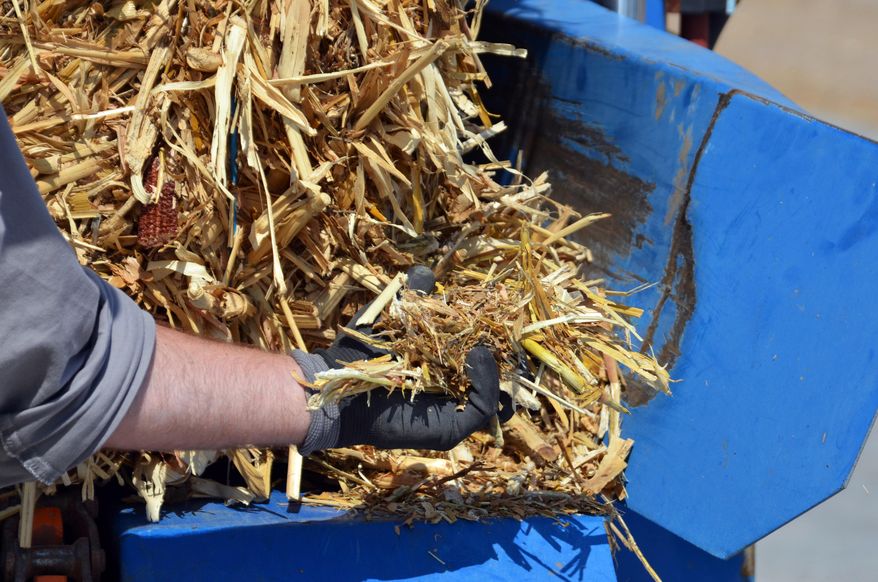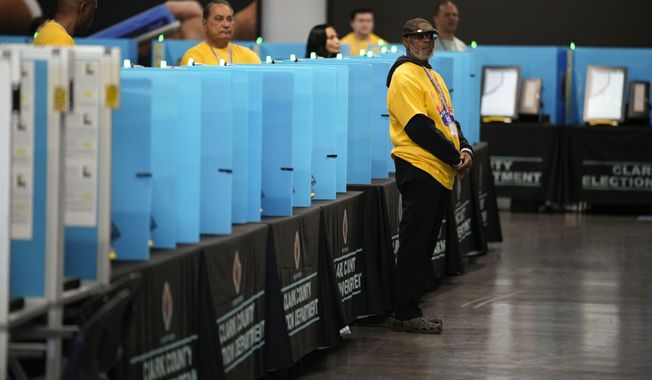
This 2014 photo provided by Abengoa shows a corn stover; stalks, leaves and husks, that will be used to produce ethanol at Abengoa's biorefinery in Hugoton, Kan. The plant, built by Seville, Spain-based Abengoa, is the largest cellulosic biorefinery in the world, producing up to 25 million gallons of ethanol fueled by non-edible waste. The Hugoton cellulosic ethanol refinery was funded in part by a loan guarantee from the Department of Energy. The same program funded high profile flops like Solyndra, the California-based solar company that filed for bankruptcy and led to hearings over the Barack Obama administration’s backing of unproven green-energy projects.(AP Photo/Courtesy Abengoa)
Featured Photo Galleries



Trump Transition: Here are the people Trump has picked for key positions so far
President-elect Donald Trump has announced a flurry of picks for his incoming administration. Get full coverage of the Trump transition from The Washingon Times.

Trump dances onstage, takes post-election nation by storm
President-elect Trump dances onstage










